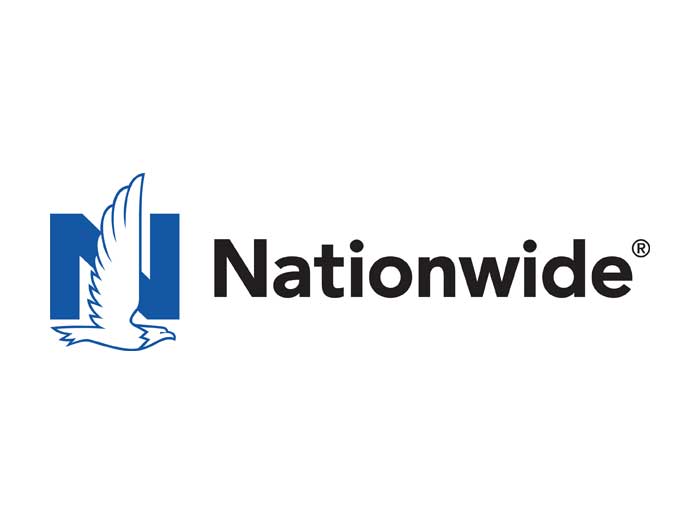Court Rules Restaurant Not Covered by Insurance for Construction Dust ‘Damages’

Miami-based Mama Jo’s Inc., owner and operator of restaurant Berries, was alerted to a roadway construction project that would be conducted in the vicinity of its restaurant.
The restaurant, as part of its appeal to its beach-going patrons, offers a partially open interior by means of a retractable awning, wall and roof system. This enables guests to eat indoors while still enjoying the ocean air.
It also, however, exposes the restaurant to the outdoor elements.
From December 2013 through June 2015, the construction moved along a road close to the Berries restaurant.
During that time, dust and debris from the construction migrated into the restaurant, according to court documents. Berries performed daily cleaning by means of dust pans, hoses, rags, towels and blowers. It remained open throughout the entirety of the construction.
One thing Berries noticed, however, was that customer traffic decreased during the roadwork.
Berries reviewed its coverage during the time of construction. From September 2013 through September 2014, Berries held an all risk commercial property insurance policy through Sparta Insurance Company, which specifically included a building and personal property coverage form and a business income coverage form.
On Dec. 12, 2014, Berries submitted a claim to Sparta under the policy. It asserted the claim was related to dust and debris generated from the construction, reporting loss “occurred as early as December of 2013 in the form of construction debris and dust from the [roadwork].”
It further alleged this construction-related dust and debris “caused damage to the insured’s building. The scope of loss includes but is not limited to, cleaning of the floors, walls, tables, chairs and countertops.”
By 2015, Berries estimated it was due $16,275 to clean and repaint the restaurant’s interior. It also submitted documentation regarding a claim for business income loss in the amount of $292,550 after examining year-over-year profits and deducing 2014 saw a significant decrease in rate of sales.
Sparta denied the claim.
In the pursuing court battles, Berries and Sparta both presented arguments to support their agenda. By 2018, Berries had upped the total cost owed to $319,688, while Sparta said that its policy did not cover that because “no direct physical damage or loss occurred.”
Scorecard: Ultimately, the court ruled that Berries failed to show that it suffered a direct physical loss of or damage to its property. Sparta is off the hook.
Takeaway: For businesses operating during disruptive times, having a business continuity plan in place can go a long way in preventing costly losses. &










